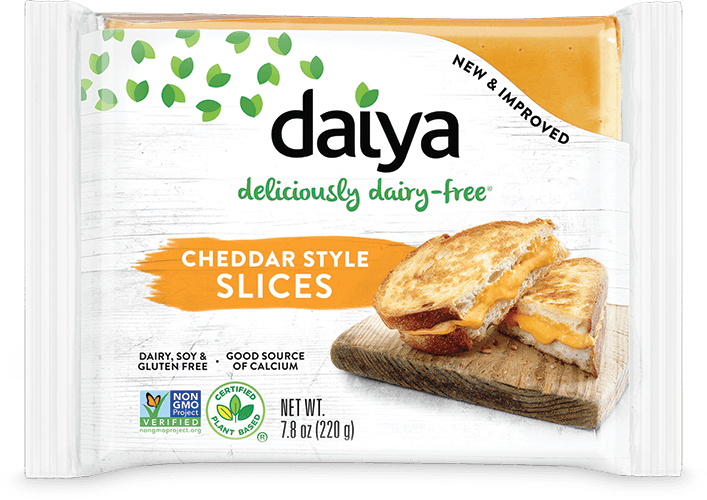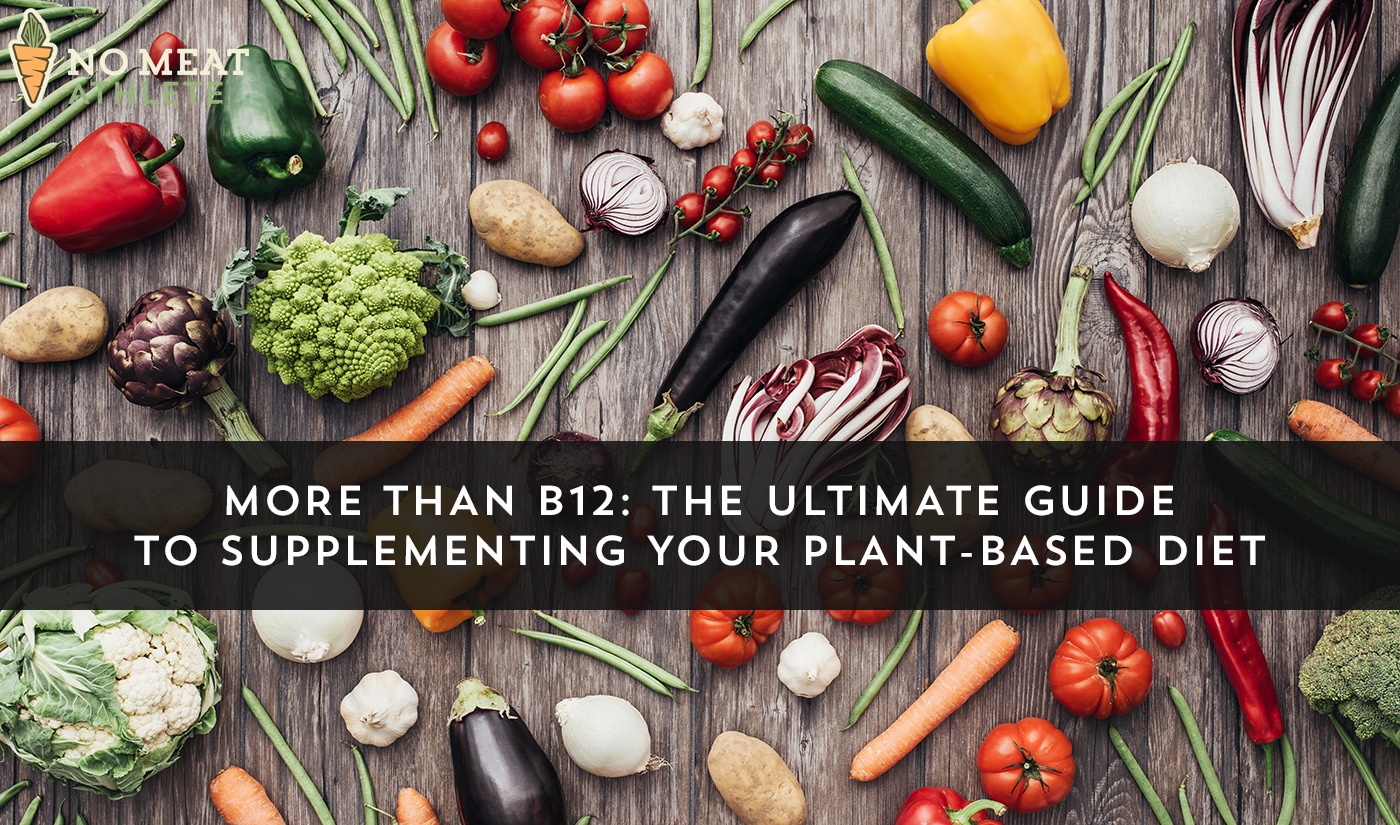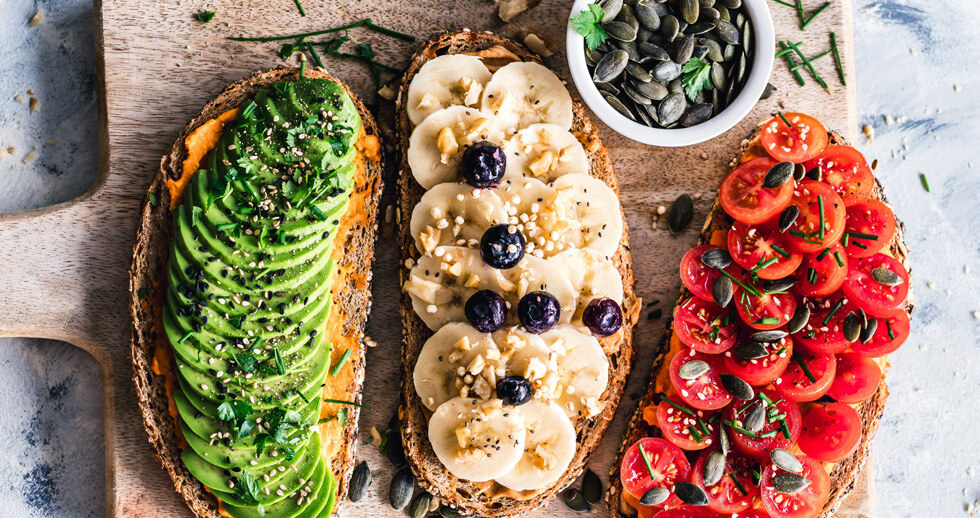
Look no further if you are searching for Mediterranean-inspired recipes. There are many delicious recipes that will help you eat a healthy and balanced diet. You can choose from recipes like Falafel Salad with Tomatoes, Feta and Baked Tilapia. These recipes are healthy and easy to make. These recipes can be frozen for lunches and dinners.
Hummus Bowl
Hummus Bowls, a simple Mediterranean lunch option, are an easy recipe. Hummus, a Greek-inspired dip, can be combined to grilled chicken or rotisserie poultry. The homemade hummus will keep in the refrigerator for 3-4 days. To serve the Hummus Bowl as a side dish, place the ingredients in a large salad bowl. Mix together all ingredients. Serve with hummus or vegetables.
Baked Tilapia w/ Tomatoes + Feta
This recipe uses lightly spiced ingredients, such as cumin and paprika, to give fish a delicious flavor without adding salt or fat. Capers, a key ingredient in Mediterranean cuisine, are also included. These fish are packed with vitamins A and K. They are also low in fat, so the Mediterranean diet weight loss recipes will still be delicious!

Stuffed Peppers Using Mediterranean Spiced Quinoa
If you're trying to lose weight, try Stuffed Peppers with Mediterranean Spiced Quina. These delicious stuffed bell peppers are low-calorie, high-fiber and delicious. Quinoa is a grain that is gluten-free and high in protein as well as fiber. The recipe calls to prepare quinoa, spinach and black beans with Greek yogurt and feta.
Falafel Salad
If you're following the Mediterranean diet, you'll definitely want to try the falafel salad. This Mediterranean diet recipe is filling and delicious. It's full of fresh vegetables and protein. This recipe can also be made using leftover takeout falafel. This is a great dish for a quick lunch or dinner on the weeknight. It can also be prepared for parties. These are some tips to help you make this Mediterranean-inspired salad.
Orzo pasta
This simple pasta salad can be made by boiling some water. Let cool the pasta in water for a few minutes before draining it and then tossing with olive oils and garlic paste. In a bowl, combine the orzo and tomatoes. Add the dressing. Fresh spinach can be added just before serving. To make it more extravagant, you can add grilled meat or chicken to the salad.
Fish
The pesco Mediterranean diet could be for you if seafood is your passion and you are prepared to spend more on groceries. This diet is rich in heart-healthy foods, which are low in calories but high in fiber. It is possible to add wine to your daily meals. You must be committed to your Mediterranean diet. This is because it takes time to implement the changes.

Vegetables
Mediterranean diets are a weight loss method that emphasizes vegetables. This will allow you to eat fewer calories and help you lose weight. This diet is rich in good fats that will not cause you to gain weight. It makes vegetables taste and feel fuller, which can make them tasty and filling. Three tablespoons of olive oil are associated with a variety of health benefits. This diet can be tried by starting today with scrambled eggs, spinach, and peppers for breakfast. For lunch, you can add half a cup of cooked sugar snappeas to the mix. A frozen fruit popsicle can be added for dessert.
FAQ
What is the difference between fat and sugar?
Fat is an energy source that comes from food. Sugar is a sweet substance found naturally in fruits and vegetables. Both fats as well as sugars contain the same amount of calories. But fats are twice as calories as sugars.
Fats are stored in the body and contribute to obesity. They cause cholesterol buildup in arteries which may lead to heart attacks and strokes.
Sugars provide instant energy and are rapidly absorbed by the body. This causes blood glucose levels rise. High blood sugar levels can cause type II diabetes.
What causes weight loss as we age?
How can you tell if your bodyweight has changed?
A person who has less body fat than their muscle mass will experience weight loss. This means that daily energy needs must be greater than the calories consumed. The most common cause of weight loss is decreased activity levels. Other causes include illness, stress, pregnancy, hormonal imbalances, certain medications, and poor eating habits. When there is more fat than muscles, it's called weight gain. It occurs when people eat more calories each day than they use. Common reasons include overeating, increased physical activity, and hormonal changes.
The main reason why our bodies lose weight is because we consume fewer calories than we burn. When we exercise regularly, we increase our metabolism rate which burns off more calories throughout the day. This does not necessarily mean that we will get thinner. All that matters is whether we are losing or gaining weight. We will lose weight if we burn more calories than we consume. But if we're consuming more calories than we're burning, then we're actually storing them as fat.
As we age, our ability to move around is slower and we are less mobile. We also tend eat less than we did when our children were young. Also, we are more likely to gain weight. However, our muscle mass is more important than our actual size.
There is no way to measure how much weight your body has lost without weighing yourself every week. There are many methods to measure your weight. There are many ways to measure your weight. You can check your waist, hips, thighs, arms and legs. Some prefer to use bathroom scales, while others prefer tape measures.
You can track your progress by weighing yourself at least once per week and measuring your waistline every month. You can also take pictures of yourself every few months to see how far you've come.
Online measurements of your height, weight and body mass can help you determine how much. If you are 5'10' tall and weigh 180lbs, your weight would be 180.
What is the difference between a virus and a bacterium?
A virus can be described as a microscopic organism incapable of reproducing outside its host cell. A bacterium is a single-celled organism that reproduces by splitting itself in two. Viruses can be as small as 20 nanometers, while bacteria can grow up to 1 micron.
Viruses spread easily through contact with bodily fluids infected, including saliva and urine, semen, vaginal secretions or pus. Bacteria is usually spread directly from surfaces or objects contaminated with bacteria.
Viral infections can also be introduced to our bodies by a variety of cuts, scrapes or bites. They can also get into the skin through the nose, mouth and eyes, ears as well as through the rectum, rectum and anus.
Bacteria can enter the body through cuts, scrapes burns and other injuries to the skin. They may also enter our bodies from food, water, soil, dust, and animals.
Viruses and bacteria both cause illness. But viruses can't multiply within their host. They can only infect living cells and cause illness.
Bacteria can cause illness by multiplying in the body. They can infiltrate other parts of the body. They can even invade other parts of the body, which is why antibiotics are necessary to eradicate them.
Why is it important to live a healthy life?
Having a healthy lifestyle helps us live longer, happier lives. Healthy eating habits, regular exercise, healthy sleep habits, stress management, and good sleep habits can help to prevent heart disease, stroke, diabetes, cancer, and other serious diseases.
A healthy lifestyle can also help improve mental health and make it easier to deal with everyday stressors. A healthy lifestyle will help you feel more confident and younger.
Statistics
- In both adults and children, the intake of free sugars should be reduced to less than 10% of total energy intake. (who.int)
- Extra virgin olive oil may benefit heart health, as people who consume it have a lower risk for dying from heart attacks and strokes according to some evidence (57Trusted Source (healthline.com)
- WHO recommends reducing saturated fats to less than 10% of total energy intake; reducing trans-fats to less than 1% of total energy intake; and replacing both saturated fats and trans-fats to unsaturated fats. (who.int)
- According to the 2020 Dietary Guidelines for Americans, a balanced diet high in fruits and vegetables, lean protein, low-fat dairy and whole grains is needed for optimal energy. (mayoclinichealthsystem.org)
External Links
How To
Ten tips for a healthy lifestyle
How to maintain a healthy lifestyle
We live in a fast world where we don't get enough sleep, eat too much, drink too much alcohol and smoke cigarettes. We don't pay enough attention to our body's health.
When you work full time and have to balance your exercise and diet regimens, it can be hard to create a healthy lifestyle. If you feel stressed, it becomes more difficult. Your mind will tell you that this situation is too much so we end up feeling guilty and giving up.
If your body feels ill, it most likely is. Seek out a doctor to discuss your current health condition. If there is nothing abnormal, then it might just be stress from your job.
People believe they are lucky because they can go to the gym every day or have friends who keep them fit. These people are truly lucky. They have no problems. They had everything under control. I wish all people could do the same. Unfortunately, many people are not able to balance their work and personal lives. Many people have bad habits that lead to illnesses such as heart disease and diabetes.
These are some tips to help you improve your life.
-
Sleeping 7 hours a night minimum, 8 hours maximum is the ideal amount. It includes sleeping in the correct positions and avoiding caffeine before bed. Caffeine blocks melatonin, which can make it difficult for you to fall asleep. Make sure your bedroom's dark and clean. Make sure that you use blackout curtains especially if you are working late at night.
-
Take a balanced breakfast. Sugar products, fried food, processed foods and white breads should be avoided. Lunch should include fruits, vegetables, and whole grains. It is recommended that afternoon snacks be high in fiber and protein, such as nuts and seeds, beans, fish, and dairy products. Avoid unhealthy snacks such as chips, chocolates, cookies and cakes.
-
Drink plenty of water. Almost everyone doesn't drink enough water. Water helps us burn more calories and maintains our skin's youthfulness. It also flushes toxins out of our bodies and improves our digestion. You can lose weight by drinking six glasses of water per day. Checking the color of urine is a good way to gauge your hydration. Dehydrated means yellow; slightly dehydrated means orange; normal means pink; overhydrated means red; clear means highly-overhydrated.
-
Exercise – Regular physical activity is proven to improve energy levels, reduce depression, and even help you feel happier. Walking is a good way to get fit and improve your mood. Walking may appear easy but requires concentration and effort. Your brain must be able to focus on the act of walking while you breathe slowly and deeply. For between 100 and 150 calories, a 30 minute walk can be enough to burn about 100 to 150 calories. Start slow and work your way up. To prevent injury, don't forget to stretch after you exercise.
-
Positive thinking is important for mental well-being. When we think positively, it creates a happy environment within ourselves. Negative thinking can drain our energy and create anxiety. You can stay motivated by thinking about what you want to accomplish. You don't have to take on all of the new tasks at once. Break them down into small steps. You will fail occasionally, but you can always get up and try again.
-
You must learn to say No - Too often we get so busy we forget how much time is wasted on things that are not important. It is important to be able to say No when needed. Being polite when you say "no" does not mean that you are rude. It is just saying no. You can always find a way to finish the task later. You should set limits. You can ask someone to help you. This work can be delegated to someone else.
-
Take care of yourself - Pay attention to your diet. A healthier diet will help boost your metabolism, and you can lose extra weight. Don't eat too much oily or heavy foods as they tend to increase cholesterol levels. A good tip is to have three meals and two snacks daily. Around 2000 to 2500 calories should be consumed each day.
-
Meditation can be used to reduce stress and anxiety. Relax your mind by sitting still with closed eyes. This exercise will allow you to have clarity of thought which can be very useful in making decisions. Meditation regularly can make you happier and calmer.
-
Do not skip breakfast. Breakfast is the most important meal of each day. Skipping breakfast can lead you to overeating at lunch. As long as you have breakfast within one hour of waking up, it is not too late. Breakfast boosts energy and helps to manage hunger.
-
Eat clean food - Food affects our moods more than we know. Avoid junk food and any food products that contain artificial ingredients or preservatives. These products can make you feel hungry and acidic. Fruits and vegetables are rich in vitamins and minerals that improve overall health.
-
***